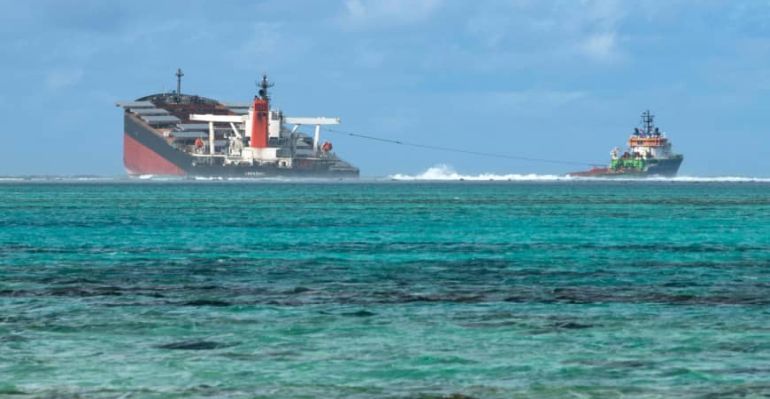NEW DELHI: The Indian government addressed the cancellation of Canada’s Student Direct Stream (SDS) visa program in the Lok Sabha on Friday, assuring the House that the move will make the study permit process more affordable and accessible, particularly for students who previously struggled to meet the higher financial requirements of the scheme.
Launched in 2018, the SDS program allowed eligible international students, including those from India, to fast-track their study permit applications. However, the process required meeting specific conditions, such as paying one year’s tuition fees upfront, providing a Guaranteed Investment Certificate (GIC) worth $20,635 as proof of funds, and demonstrating a certain level of language proficiency.
On November 8, 2024, Canada officially ended the SDS program. In a written response to a question in Lok Sabha, Junior External Affairs Minister Kirti Vardhan Singh explained that Canada’s decision to scrap the scheme was part of its efforts to enhance the program’s integrity, address student vulnerabilities, and ensure equal access to the application process for all students, promoting a more positive academic experience. As a result, international students will now have to apply for “regular study permits.”
Under the regular application process, students are no longer required to pay the full tuition fees for an entire year upfront. Instead, they must pay for just six months of tuition and demonstrate that they have sufficient funds to cover their living expenses. Singh emphasized that this change would make the admission process more affordable, particularly for students who found the original SDS requirements financially prohibitive.
According to the Ministry of External Affairs, there are approximately 427,000 Indian students currently enrolled in Canadian colleges and universities. Singh assured the House that the Indian government regularly engages with Canadian authorities on issues affecting Indian students, placing high importance on their well-being while studying in Canada.






